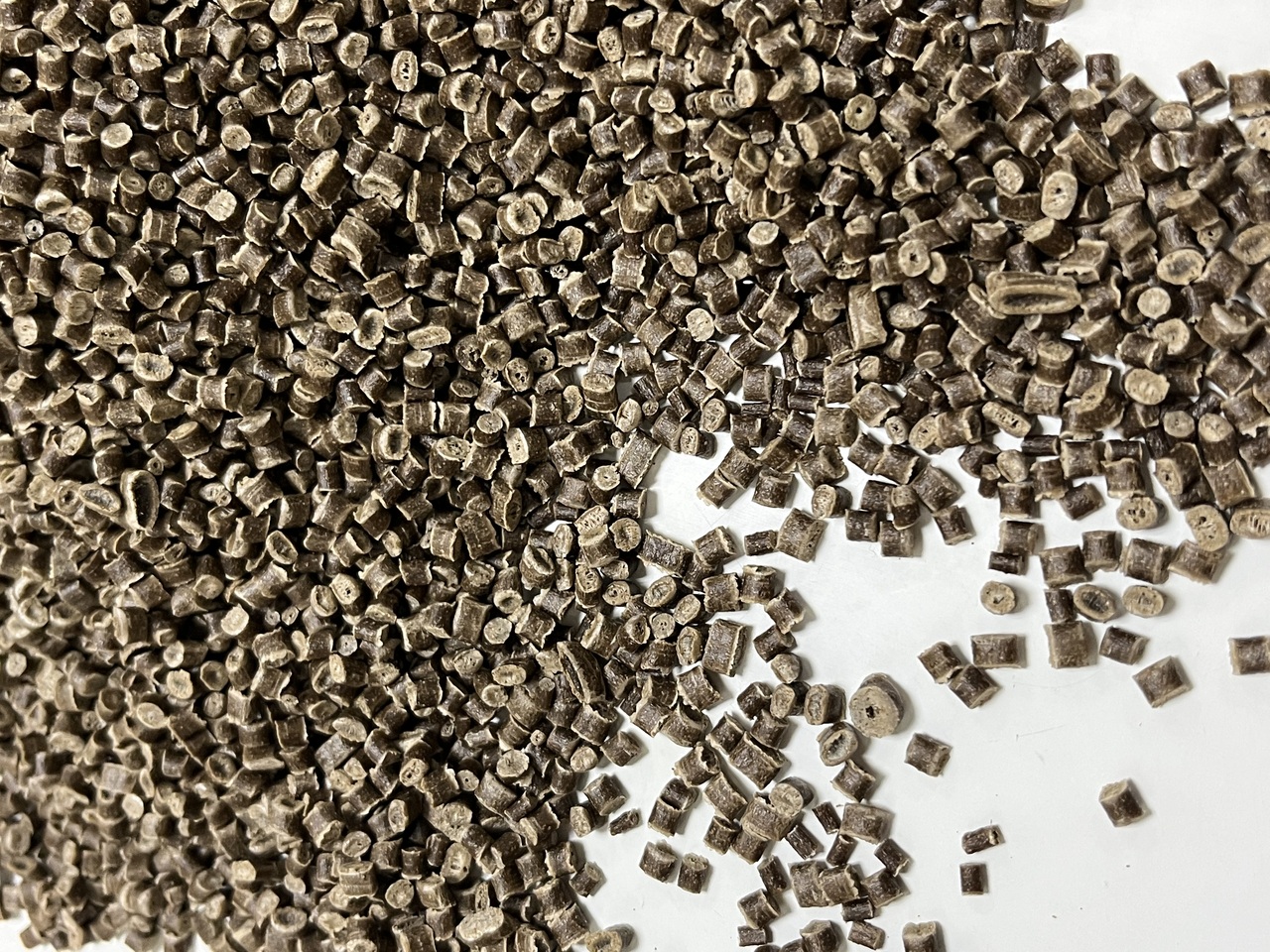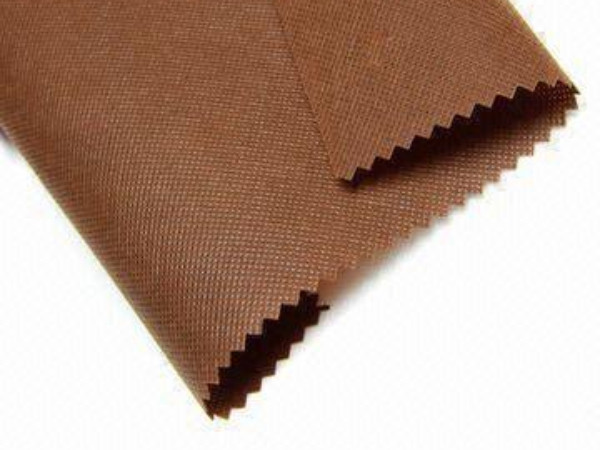3 Renewable Polypropylene Recommendation to Towards A Cleaner World
As we strive to mitigate the environmental impact of human activities, renewable polypropylene has emerged as a promising solution. This innovative material offers significant environmental benefits and paves the way towards a cleaner and more sustainable world.
Let’s explore three renewable polypropylene recommendations that can contribute to a cleaner world and foster a more sustainable future!
Importance of renewable polypropylene in promoting sustainability
Renewable polypropylene is a type of plastic that is derived from renewable resources such as corn, sugarcane, coffee grounds or other biomass. It is considered an important alternative to traditional polypropylene, which is derived from non-renewable fossil fuels. The use of these materials can have a positive impact on the environment by reducing greenhouse gas emissions and improving resource efficiency.

Sugarcane bagasse, rice waste and coffee grounds are valuable resource for bio-based plastic production.
By promoting the use of renewable polypropylene, we can reduce our reliance on non-renewable natural resources, limit our carbon footprint, and move towards a more sustainable future. It can also create new economic opportunities for farmers and other producers who can supply renewable raw materials for plastic production.
Recommendation 1: Bio-based Polypropylene
Bio-based polypropylene is derived from renewable feedstocks such as vegetable oils, plant biomass, or agricultural waste such as coffee grounds, rice husks . It is produced through innovative processes that convert these feedstocks into a polymer suitable for various applications. Unlike conventional polypropylene, which relies on fossil fuel-based feedstocks, bio-based polypropylene helps reduce greenhouse gas emissions and dependence on finite resources.
>>>> Learn more at: The Use of Biobased Materials in Consumer Products for Improved Health and Wellness
Bio-based polypropylene presents a compelling solution for a greener and more sustainable future. Its renewable nature, reduced carbon footprint, and versatile applications make it an attractive choice for industries seeking environmentally friendly alternatives.

Coffee-based polypropylene
Recommendation 2: Recycled Polypropylene
Recycled polypropylene is a type of renewable polypropylene that is produced by reprocessing and reusing post-consumer or post-industrial plastic waste. It involves collecting plastic products, such as containers, packaging materials, and automotive parts, and subjecting them to a recycling process that transforms them into recycled polypropylene resin. The resulting material possesses similar properties to virgin polypropylene, including strength, durability, and versatility.
The use of recycled polypropylene presents a compelling solution in our efforts to create a cleaner and more sustainable world. By diverting plastic waste from landfills and reusing it to produce new products, we can significantly reduce the environmental impacts associated with plastic production.
The benefits of recycled polypropylene, including waste reduction, resource conservation, energy savings, and the promotion of a circular economy, make it an essential component of sustainable manufacturing practices.
Recommendation 3: Biodegradable Polypropylene
Biodegradable polypropylene is a type of polypropylene that possesses the ability to degrade under specific environmental conditions. It is typically made from bio-based sources, such as plant starches, which are processed to create a polymer that exhibits similar properties to conventional polypropylene.
Biodegradable polypropylene retains the strength, durability, and versatility of traditional polypropylene while offering the additional benefit of natural degradation when exposed to the appropriate environmental conditions.
Biodegradable polypropylene represents a significant advancement in our quest for sustainable materials. Its ability to naturally degrade and reduce plastic pollution, coupled with its renewable and versatile nature, makes it a compelling choice for a cleaner and more sustainable world.
>>>> Learn more at: Biodegradable Plastic Alternatives to Conventional Plastics
Industries and products that can benefit from renewable polypropylene
Renewable polypropylene offers a sustainable alternative to traditional polypropylene derived from fossil fuels. Its renewable and eco-friendly nature makes it suitable for various industries and products that aim to reduce their environmental footprint:
- Packaging Industry: Packaging is one of the largest consumers of polypropylene, and the adoption of renewable polypropylene in this industry can significantly contribute to sustainability goals. Our promising material can be used to create biodegradable and compostable packaging materials, including food containers, bags, wrappers, and bottles.
- Automotive Industry: The automotive industry is increasingly looking for sustainable materials to reduce the environmental impact of vehicle manufacturing. Renewable polypropylene can be used in the production of interior and exterior parts, such as dashboards, door panels, bumpers, and trims. Its properties, including durability, heat resistance, and flexibility.
- Consumer Goods: Renewable polypropylene can be integrated into various consumer goods, including household items, appliances, furniture, and electronic devices. By incorporating these materials into the manufacturing process, these products can be more sustainable and environmentally friendly.
- Agriculture and Horticulture: The agriculture and horticulture sectors can benefit from renewable polypropylene in various ways. It can be used in the manufacturing of biodegradable mulch films, plant pots, seed trays, and irrigation components.
- Textile and Apparel Industry: This material can also find applications in the textile and apparel industry. It can be used to create sustainable fibers for clothing, footwear, and accessories. These fibers can offer properties such as moisture-wicking, breathability, and durability, making them suitable for sportswear, outdoor apparel, and other textile products.

Non-woven fabric made from coffee biocomposites.
- Construction and Building Materials: It can be incorporated into insulation materials, roofing membranes, pipes, and fittings. The use of renewable polypropylene in construction not only reduces the carbon footprint but also enhances energy efficiency and promotes sustainable building practices.
Suppliers in renewable resources production
AirX is a pioneering company that has emerged as a leader in the production of carbon-negative bio-materials made from coffee grounds. They have developed innovative techniques to produce renewable polypropylene by harnessing the power of recycled carbohydrates obtained from various by-products such as coffee grounds, coconut husk, husk, and bamboo.
Their renewable polypropylene materials can be used in various industries, including packaging, textiles, consumer goods, and more. By choosing AirX as a supplier, companies can align their values with sustainability and contribute to a cleaner world.
Contact us
AirX is the world's first carbon-negative bio-material made from coffee grounds manufacturer.
We specialize in producing bio-based composites using recycled carbohydrates derived from by-products. Our goal is to promote sustainability through the use of eco-friendly materials.
We are always here to help and provide the best service possible. If you have any questions or would like to receive advice and feedback directly from our sales staff, please do not hesitate to contact us. You can reach us through:
- Whatsapp: +84 969 742 950
- Email: [email protected]
We look forward to hearing from you!

